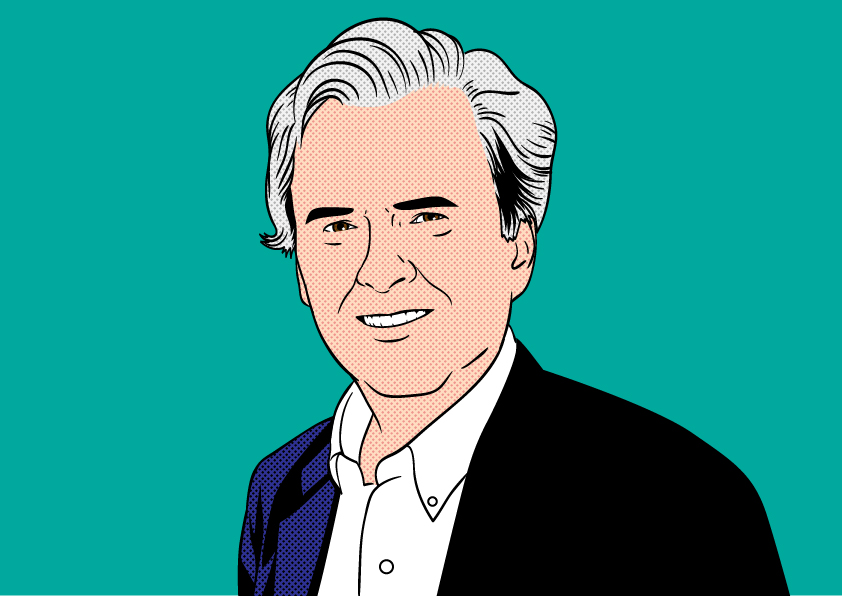Quo Vadis Business Travel: Will We or Won’t We?

by Robert McGarvey
Another day, another poll. Another day, another prediction.
Here’s the deal: there are ever more surveys of business travelers that invariably augur a brisk return of business travel, usually before the end of this year. For instance: A survey by GoldSpring Consulting, reported on in Business Travel News, found that “63 percent of business traveler respondents said they anticipate taking their next business trip within the next six months.”
Another study for promotional products company PromoLeaf found that 64% of us agree with this statement: “My job doesn’t give me as much enjoyment now that I can’t travel for business or business travel is limited.”
Ponder this: if we wanted to survey consumers on their attitudes about hamburgers, wouldn’t you expect that if we chose to survey inside Burger Kings we would get remarkably different results than if we surveyed inside Copper Branch restaurants, it being the self proclaimed biggest chain of vegan eateries?
Ask self identified business travelers if they expect business travel to pick up this year and of course they say yes.
That is more a statement of desire than a fact based prediction.
Business travelers, most of them, miss business travel. Sure, business travelers grumble about life on the road – complaining is part of the job description – but for most, there’s a lot of pleasure in racking up elite status at this airline or that hotel chain.
Hell, I miss the Centurion Club – I have yet to set foot in the one in Phoenix where I live; I miss business trips to San Francisco, Chicago, New York; I miss finding good uses for the airline credit cards in my pocket. There’s a lot I miss.
But fondly hoping for a return to 2019 level business travel isn’t the same as that actually happening.
Not when there are facts that say we don’t need to travel that much.
Even the PromoLeaf research – based on a survey of 1003 US based business travelers – reported this: “When asked, ‘Has your business been positively or negatively affected by not being able to travel for business?’ 32% of our respondents said lack of business travel had a negative effect. However, 37% said the impact had been positive, and 25% said it had neither a positive or negative effect.”
A YouGov poll found similar: “Restrictions on air travel had no effect on job productivity for 55% of respondents – who were based in Britain, Denmark, Spain, France, the Netherlands, Sweden, and Germany – and worsened it for 26% and improved productivity for 19%.”
Chew on that. More are saying not traveling had either no or a positive impact on their business.
Not traveling has produced savings that have put smiles on the faces of CFOs. All kinds of CFOs, even unexpected ones. Matthew Frajack, CFO at the University of North Carolina Chapel Hill, said his school has saved $5 million a month due to reduced business travel.
And Amazon said it saved about $1 billion in 2020 due to reduced business travel.
Admittedly, the brisk rollout of a vaccination program in the US has made more organizations take a friendlier look at resumption of business travel, but CFOs still are drawing the purse strings tight and there is no reason to expect a nearterm resumption of business travel for the purpose of inhouse meetings. For sales calls, yes, very probably we will see that rebounding, perhaps as soon as late Q2 this year. But a lot of business travel is going to remain shelved, mainly because the c-suite has realized profits can be maintained, maybe increased, even when a lot of travel is eliminated.
A new survey of CFOs found 41% say they plan to cut travel budgets – permanently.
That is the probable nearterm reality.
Then there is new research from IBM – based on a survey of 15,000 adults that found age has everything to do with our attitudes towards business travel. “Only 8% of respondents who are older than 55 said they would go on a business trip without a vaccine, and only 25% of that age group said they would travel for business even after they have been vaccinated.”
The IBM research explains why I am hearing negativity about business travel from my peers – leading edge Baby Boomers – but then there is bubbling enthusiasm among Millennials that I’d missed.
Put another way, what we are seeing is a generational shift, where the travel bag is getting passed from Baby Boomers (the youngest of whom are 57) to Millennials (the oldest of whom are 40).
But it is a cadre of Boomer CFOs who just may keep the budgets small for travel for some years to come. If profits stay high, with business travel kept low, that is what will happen.